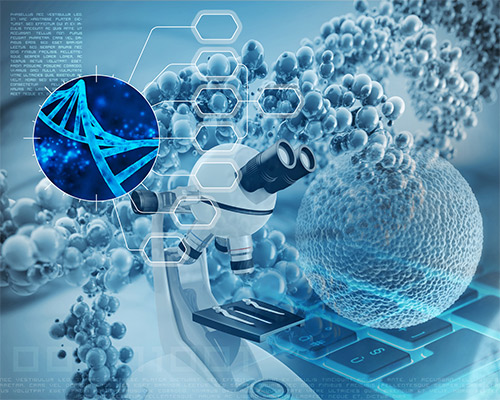Genetic Testing in New Mexico can help estimate your chance of developing cancer in your lifetime. It does this by searching for specific changes in your genes, chromosomes, or proteins. These changes are called mutations.
Genetic Testing in New Mexico is available for breast, ovarian, colon, thyroid, and some other cancers. Genetic testing may help:
- Predict your risk of a particular disease
- Find if you have genes that may pass increased cancer risk to your children
- Manage increased cancer risk by having more regular cancer screening or taking steps to lower risk
No genetic test can say you will, certainly, develop cancer. However, a test can tell you if you have a higher risk of developing cancer than most people.
Only some people with a gene mutation will develop cancer. For example, a woman with a 75% chance of breast cancer may never develop the disease. Meanwhile, a woman with a 25% chance may develop breast cancer.
Risk factors for hereditary cancer
A hereditary cancer is any cancer caused by a gene mutation. The following factors suggest that a person may be at risk:
- Family history of cancer. Having 3 or more relatives on the same side of the family with the same or related forms of cancer
- Cancer at an early age. Having 2 or more relatives diagnosed with cancer at an early age, which may be different depending on the type of cancer
- Multiple cancers. Having 2 or more types of cancer occurring in the same relative
Reasons to consider genetic testing for cancer
The decision for genetic testing is a personal one for various reasons. It’s a complex decision best made in collaboration. Engage your family, doctor, and genetic counselor in the process.
ASCO recommends considering genetic testing in the following cases:
- You have a personal or family history that suggests a genetic cause of cancer
- The test can clearly show a specific genetic change
- Results help with diagnosis or management of the genetic condition or cancer(s). Choosing steps to lower your risk for example. Steps may include surgery, medication, frequent screening, or lifestyle changes.
ASCO also recommends genetic counseling before and after genetic testing. Read more here

